
China AV Newsletter | August 2021
Xiaomi and Apple both announced their aspiration to introduce a new intelligent vehicle into the market, though unlike the second, Xiaomi is moving fast by partnering and acquiring technologies. The latest acquisition of DeepMotion represent the speed it intend to move by not only develop capabilities inhouse, but also acquire the tech and the R&D teams. MEMS LiDAR is also back in the front with both Hesai and Robosense introducing significant developments to their front sensing models, as more and more NEV manufacturers target to integrate LiDAR in their new models.
Aug.3rd: Inceptio announced the completion of USD 270 million Series B equity financing. This round of financing was jointly led by JD Logistics, Meituan and PAG. With this round of financing, Inceptio will further invest in its full-stack self-developed truck autonomous driving system “Xuan Yuan” and accelerate its layout in the field of electrification. Currently, Inceptio is working with Dongfeng Commercial Vehicle and China National Heavy Duty Truck to launch mass production L3 heavy trucks based on “Xuanyuan” system. The models are expected to be delivered by the end of this year and can be upgraded to L4 via OTA in the future.

Aug.5th: Horizon Robotics and HESAI have reached a strategic cooperation. The two parties will cooperate deeply on creating LiDAR sensing solutions for high level autonomous driving front-end mass production. With customers jointly using Horizon’s Automotive Intelligence Chip and HESAI’s class hybrid solid-state LiDAR, the built-in sensing optimization algorithms will help customers process sensing point cloud information more efficiently and obtain stronger sensing results. The Journey 5 chip and AT128 hybrid solid-state LiDAR will bring a new upgrade experience to customers.
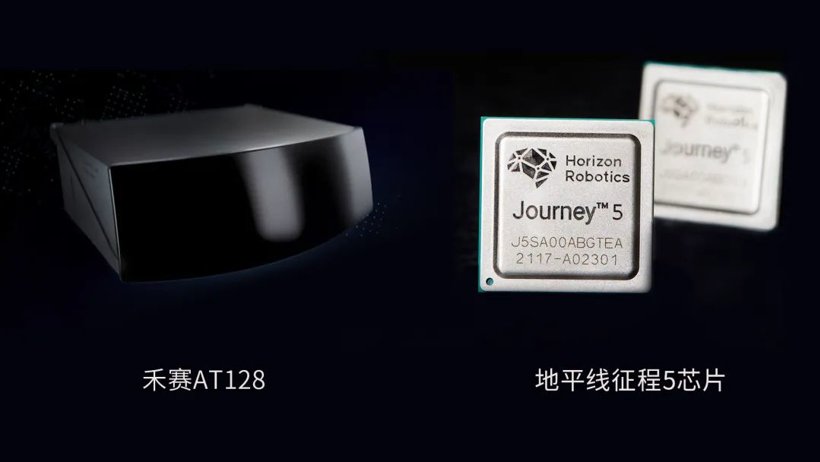

Aug.5th: Baidu officially released a new generation of autonomous driving minibus Apollo II to the public, this is the first update of Apollo after three years. Apollo II present three main upgrades: autonomous driving, ultimate interaction and MaaS travel, those will flexibly meet multiple customer needs and provide customized intelligent mobile services for public transportation, AV police, health management and additional scenarios. Apollo II is equipped with two 40-line LIDARs, fused with millimeter-wave radars and surround-view cameras, with a detection distance of 250 meters, a positioning accuracy of centimeter level and an overall system response level of one millisecond.


Aug.12th: Baidu released its financial results for the second quarter of 2021, achieving total revenue of RMB 31.4 billion (USD 4.9 billion), up 20% YoY, net profit attributable to Baidu (non-GAAP) of RMB 5.4 billion, and R&D expenses of RMB 6.3 billion in the second quarter only, accounting for over 20% of the revenue. In autonomous driving, Apollo L4 AV has reached 7.5 million miles (12 million km) of cumulative testing, up 152% YoY. In addition, Apollo received 278 autonomous driving licenses. After the earnings release, Robin Li, Founder, Chairman and CEO of Baidu, stated that in the next 2-3 years, Baidu plans to launch Robotaxi services in 30 domestic cities. By 2025, the cost of Robotaxi’s services will be lower than that of manual driving, and by then it is believed that it will be profitable as Baidu’s business scale expands. McKinsey research supports this statement, forecasting RoboTaxi operation cost will be cheaper than a car + river in China before 2026.

Aug.13th: LiDAR manufacturer Innovusion announced a $66 million Series B+ funding round. In May, Innovusion closed a $64 million Series B round, which means that up to date Innovusion’s total Series B funding has reached $130 million. It is reported that Innovusion’s new funding was led by Guotai Junan International Private Equity Fund, and original investors NIO Capital, Temasek and Stowe Capital participated in this round. The funding will be used to support the mass production delivery of the NIO ET7 LiDAR, as well as Innovusion’s investment in R&D.

Aug.13th: HESAI officially announces its long-range hybrid solid-state LiDAR for ADAS front-mount mass production – AT128. The new model is a qualitative leap in the core metrics of ADAS lidar and claim to deliver both long-range (200m@10%) and ultra-high point frequency (1.53 million per second, single-echo). AT128 has been ordered by multiple OEMs with a total of 1.5 million pre-order units that will be delivered in mass production during 2022.

Aug.18th: Robin Li first introduced the concept of “Car Robot” in the 2021 Baidu World Congress, and released Apollo “Car Robot”. Baidu’s car robot can serve people through three capabilities: firstly, it has L5 autonomous driving capability, which not only eliminates the need for human driving, but is also safer than human driving; secondly, it has multi-mode interaction capabilities such as voice and face recognition to analyze users’ potential needs and actively provide services. The robotic car is also equipped with self-learning and upgrading capabilities, to become an intelligent body that serves various scenarios.
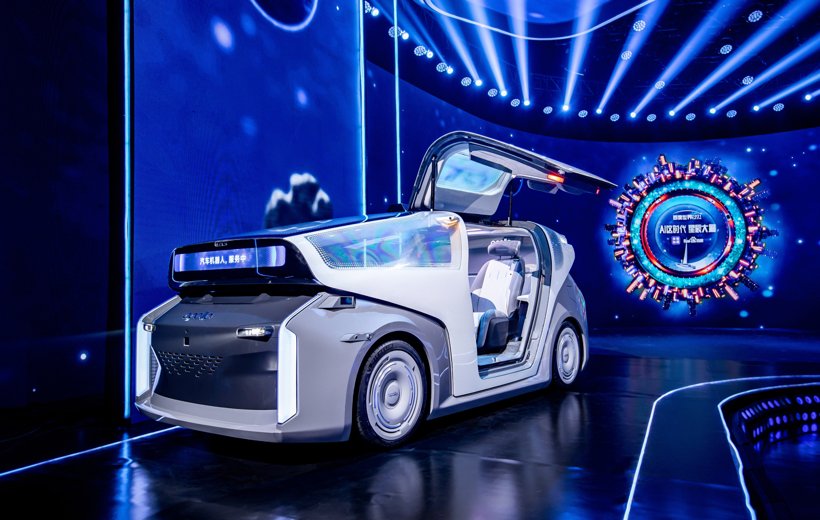
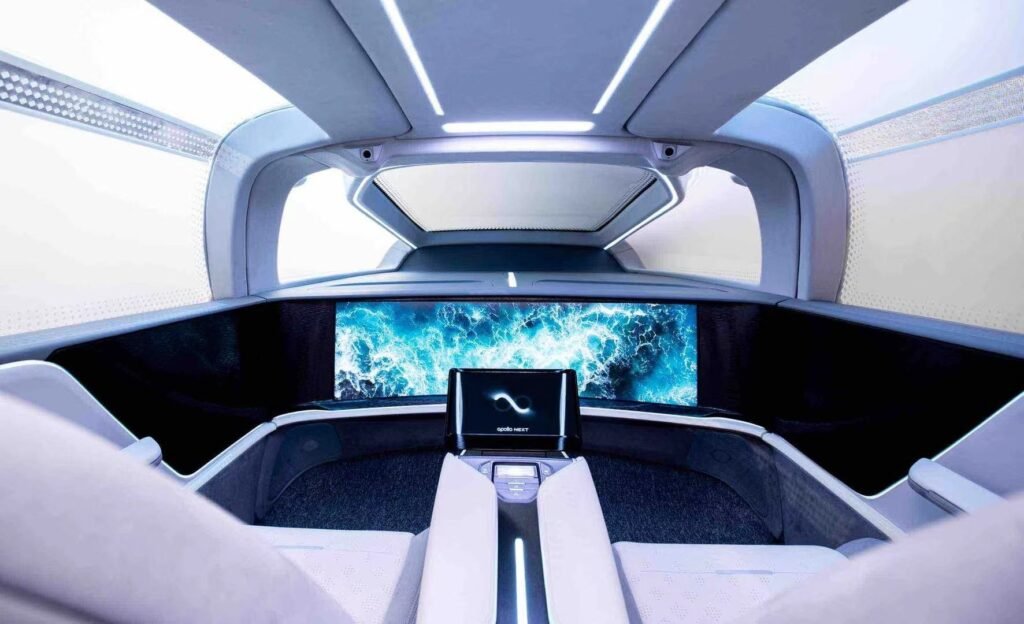
At the conference, Baidu also released a new and upgraded Robotaxi service platform – “Radish Run”, further expending its Robotaxi services to the public. Radish Run, combined with Apollo’s past two years of operational practice, can provide commercial operations and diversified value-added services to the public, accelerating the arrival of an era with Robotaxi for all.
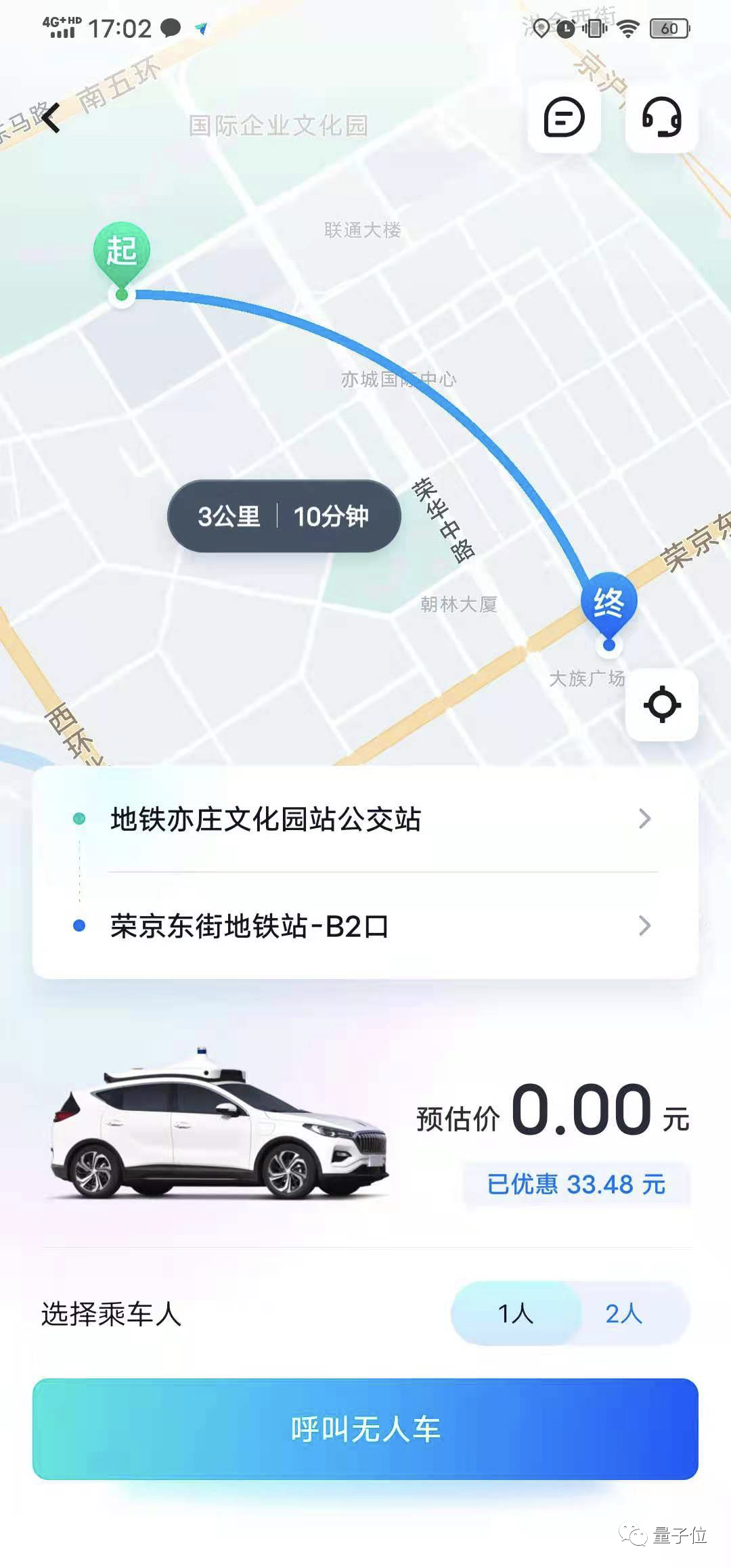
Aug.18th: Neolix announced the completion of several hundred million RMB Series B financing. The round was jointly led by CIMB Capital and Softbank. This round of financing will be used for the scale expansion of the unmanned vehicle service network, which also means that the application scenarios brought by the global driverless technology have entered a new stage of landing.

Aug.19th: RoboSense announced that its second-generation intelligent solid-state LiDAR RS-LiDAR-M1 has been awarded the first North American car company customer. Since the launch of the vehicle specification mass production delivery in June this year, M1 has completed more than ten batches of deliveries, including an official announcement by GAC Aion, at the end of July that the ADiGO autonomous driving system will be equipped with RoboSense M1.
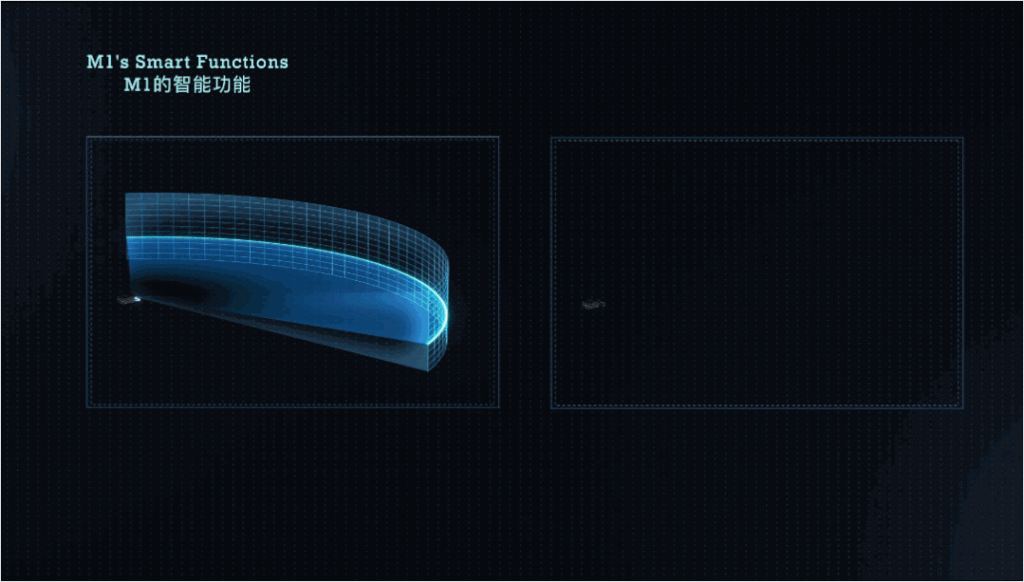
Aug.25th: Hongqi E-HS3 was awarded the first open road test license for autonomous driving in Hainan. It is understood that the first batch of open roads for testing and demonstration application of intelligent vehicles in Hainan Province has a total length of 129.2 km, 7 open roads and 1 highway, covering 4 cities: Haikou, Sanya, Wenchang and Qionghai. The model that won the Hainan open road test license for autonomous driving is the Hongqi E-HS3, equipped with Hongqi L4 autonomous driving system, 4 LiDARs, 1 intelligent camera, 5 millimeter wave radar and high-precision positioning and other multi-source sensors, which can detect up to a distance 200 meters and has 360° sensing capability, to detect people, vehicles and objects around the car in real time.

Aug.25th: Xiaomi Group announced that it has acquired DeepMotion.ai, an autonomous driving technology company, for a total transaction amount of approximately USD 77 million, of which USD 24 million will be paid in cash and the rest will be paid by issuing shares. Upon completion of the transaction, DeepMotion.ai will become a wholly-owned subsidiary of Xiaomi. DeepMotion.ai focuses on providing full-stack software solutions including sensing, positioning, planning and control for ADAS and autonomous driving applications. According to Xiaomi, the autonomous driving company has a strong R&D capabilities, which will enhance Xiaomi’s core technology capabilities in the intelligent electric vehicle business.

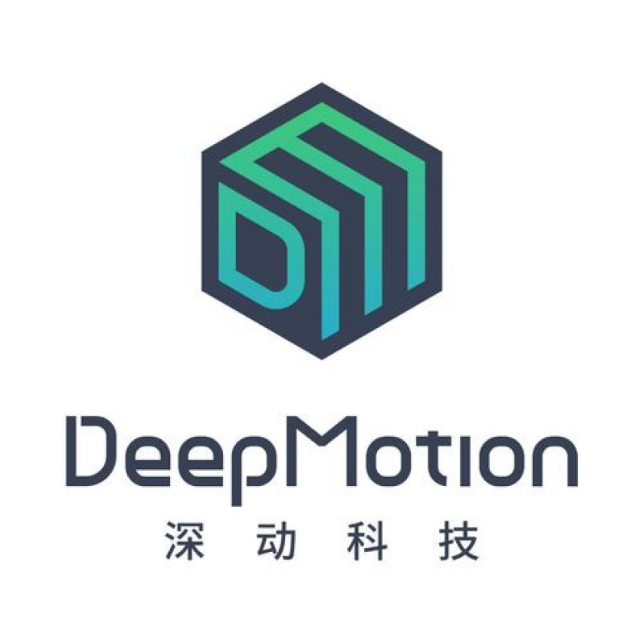
Aug.25th: Guangzhou Municipal Bureau of Transportation, Bureau of Industrial Information Technology and Public Security Bureau jointly issued Guangzhou intelligent network connected vehicle road test licenses for GAC’s L4 autonomous driving demonstration operation fleet. This is the first time that GAC has taken five licenses in the form of a large-scale fleet after receiving the first batch of road test licenses in Guangzhou in 2019. After that, GAC L4 autonomous driving demonstration fleet will carry out autonomous driving demonstration operation in Panyu Auto City and explore the commercial operation mode of autonomous driving.
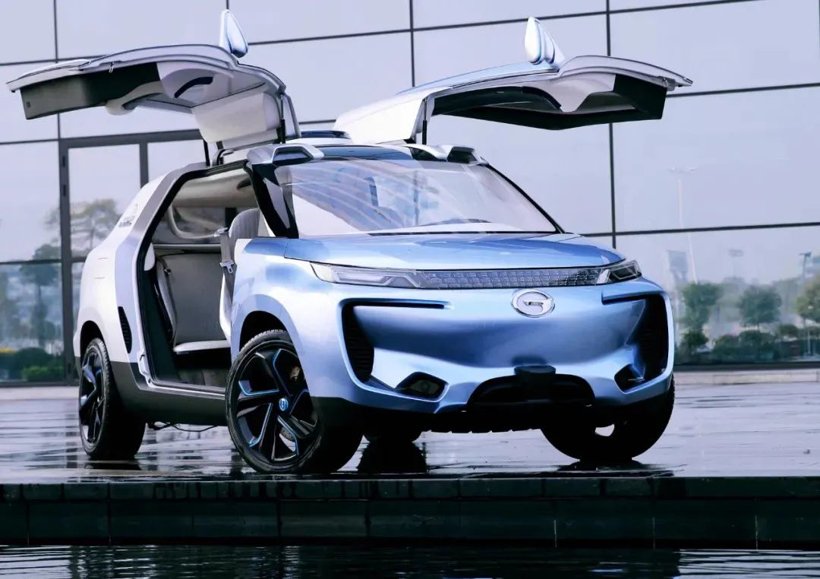

Aug.26th: SAIC Group announced the establishment of Shanghai Youdao Zhitu Technology Company, a commercial vehicle intelligent driving company, planning to settle in Lingang Pilot Free Trade Zone in Shanghai. SAIC Intelligent Heavy Truck has already obtained 29 open road test licenses and demonstration operation licenses, with a cumulative test mileage of over 1.6 million km to date. SAIC aims to achieve the top market share of L4 autonomous driving scenario applications in China by 2022.
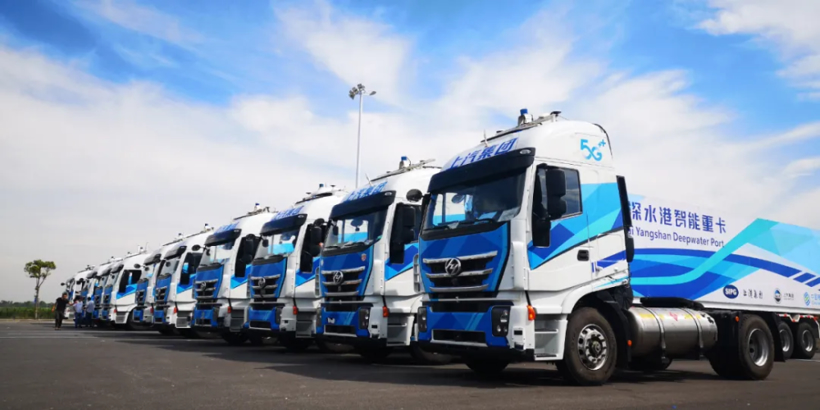
Sources: Gasgoo; Sina;



